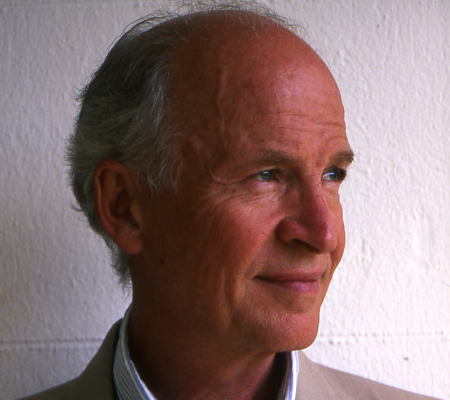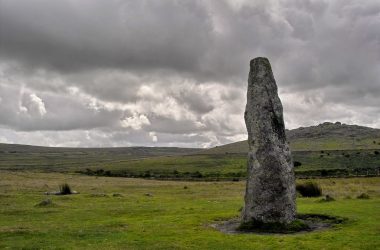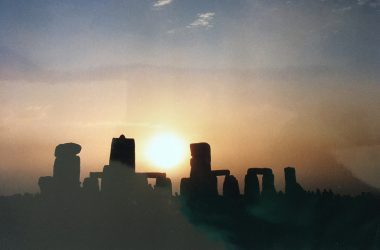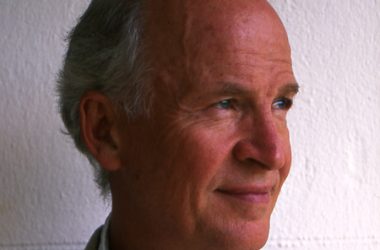By Peter Marshall
Liberty and freedom in English are often used interchangeably but there does seem to be a difference. Liberty, a word which comes from the Latin libertas, the Goddess of Liberty, seems more formal and civic than freedom, which comes from the Old English freodom and is related to Old Saxon. Freedom appears to me more personal and homely.
I understand the myth of the ‘free-born Englishman’ – and of the free-born Englishwoman for that matter – before the ‘Norman Yoke’ fell on them both when England was invaded by the Normans in 1066. It is not surprising that we talk of ‘free will’ and ‘free love’.
Political philosophy tends to talk of liberty, which is often protected by laws and linked to the state. There is of course the sense of being ‘at liberty, which is usually contrasted with slavery, and ‘taking liberties’, which often means breaking the rules of social etiquette. Liberty is also used in a metaphysical sense as opposed to necessity.
The English Revolution in the 17th century understandbly resulted in much talk about liberty and freedom, particularly after the beheading of the King. It gave rise to the Levellers who wanted a more free and equal society; the Diggers who tried to work the land in common; and the Ranters who believed that since they were in a state of grace they could do no evil. The latter even included ‘masterless women’, unknown at the time, who wanted to follow their own desires. As Gerald Winstanley wrote, ‘Freedom is the man that will turn the world upside down’. The revolution of course also gave rise to the authoritarian dictator Cromwell who was eventually overthrown by the Royalists.
At the end of the 17th century the philosopher John Locke wanted to establish a constitutional monarchy. In his Essays on Government he argued that government should protect the rights of life, liberty and property. They were of course only applicable to white, property-owning males. Even a servant who mixed his labour with nature by digging turf would add to the property of his master and not his own.
In the 18th century after the American War of Independence the founders of the American Constitution followed Locke and called for a government which would ensure the rights to ‘life, liberty and the pursuit of happiness’. This again was only for white, property-owning males; women and slaves continued to be subjected.
On the other hand, Jean-Jacques Rousseau in his essay On the Origins of Inequality of Mankind righty saw that the establishment of private property was the true downfall of humanity. He went on to argue that ‘man is born free, and everywhere is in chains’.
The French Revolution at the end of the 18th century threw off the King and the old regime. By calling for ‘life, liberty and fraternity’ they added an important social dimension. The slogan has ever since reverberated down the centuries.
At of the French Revolution, Thomas Paine in his book The Rights of Man rejected the hereditary principle but still wanted a limited government to enforce rights. It was left to the philosopher William Godwin in his Enquiry concerning Political Justice to look forward to the auspicious time when the “brute engine” of government would be dissolved through persuasion, enlightenment and education. As such I consider him to be the first major anarchist thinker. His companion Mary Wollstonecraft also extended the notion of rights for the first time to include the other half of the human species in her justly celebrated A Vindication of the Rights of Woman.
But
Liberty continued to be personified, as in Delacroix’s famous painting
‘Liberty leading the people’, as a bare-breasted woman holding an
enormous French flag and a rifle and bayonet on the barricades.
Although anti-monarchist, Liberty again is still linked to government
and the nation state. She is also ‘leading the people’, not one of them.
As Isaiah Berlin pointed out in a famous essay Two Concepts of Liberty,
it exists both in a negative and positive form. The first has mainly
been espoused by libertarians in the sense of freedom from external
restraint. This comes through in John Stuart Mill’s famous Essay on Liberty
in which he argues that one should be free even to the extent of
harming oneself as long as one does not harm others. It follows that one
should not prevent people from going across a rickety bridge but there
should be a warning that they do so at their own risk. The negative
concept of freedom also comes through in Roosevelt’s 1941 wish to live
in freedom from want and from fear.
There is also a widespread view of positive liberty as the freedom to do something. This comes through lamentably in Rousseau’s Social Contract
where he says that subjects should be compelled to accept the general
will, that is to be ‘forced to be free’. By that he means that
individuals should be compelled to realize their higher selves and to do
what is ‘good for them’ even though they may not think so at the time.
This kind of authoritarian thinking can lead to the terrible excesses
of state communism and fascism.
The Nazis argued that their
subjects could only find their true selves within the Nazi state. In
its most bankrupt form, this positive form of liberty can be seen in
the slogan written with cruel irony above the entrances to the
concentration camps: ’Work Makes You Free’.
Nevertheless, an
important aspect of positive freedom, established to a degree in
liberal democracies, is the freedom of thought, of expression and of
assembly. In other words, one should be free to think and imagine for
oneself; one should express oneself without fear of dire censorship;
and one can meet up in public with one’s fellows. It can be seen in
the fifth amendment of the American Constitution where one has the
freedom to remain silent when accused.
Some liberal thinkers
have argued that liberty is incompatible with equality but I believe
that the two are inextricably entwined. Liberty remains an empty
concept if it does not combine gender and racial equality. Even other
species should be brought into our own moral community. The freedom of
one has to be the condition of the freedom of all. All have an equal
claim to be free.
Freedom is becoming more important as we live
increasingly in a surveillance state which tracks every communication
we make and all our movements. In its grand claim to balance liberty
and regulation it has curbed some of our most hard-won freedoms. It has
changed the nature of language so that the wish to advance the
security of the state becomes a ‘war on terrorism’. It has even led to a
widespread self-censorship. Soon it will enter our most private worlds
and direct the way we think and imagine. Never before has Big Brother
been watching us so carefully.
I would therefore define freedom
as freedom from all artificial restraints, including those of
domination and hierarchy, as well as the freedom to do as one likes.
The latter is with the important proviso that personal freedom does
minimum harm to other humans, other species and the wider environment
upon which all life depends. Freedom alone to do exactly what one likes
can lead to a form of licence in which one can have complete disregard
of others and the devil takes the hindmost. True freedom goes hand in
hand with responsibility for one’s thoughts and actions as well as for
their long-term consequences. It involves politically and personally a
struggle that is never over.





